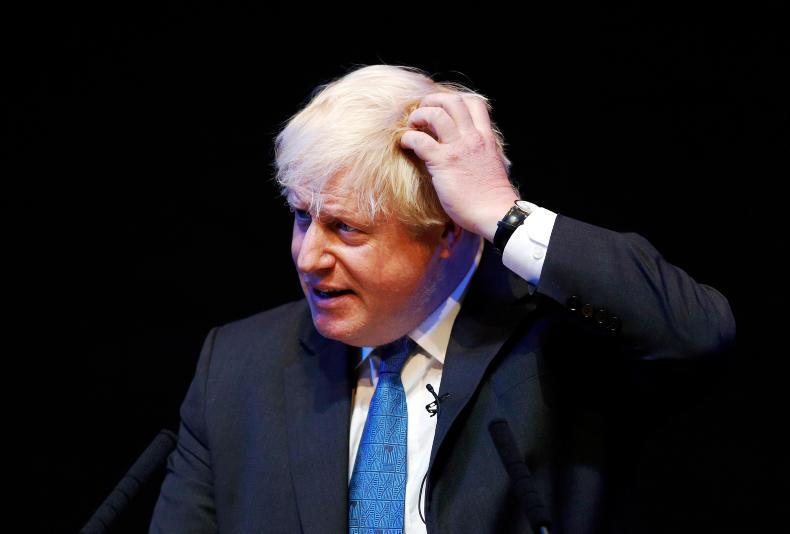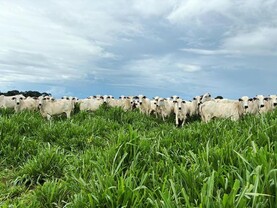UK Prime Minister Boris Johnson appears to have fallen at the first hurdle in getting a Brexit deal approved with the rejection by the DUP early Thursday morning.
Whether this is a final no on the deal or whether the party can be given some assurances over the course of the day that allows it to accept the proposals will become apparent.
The shape of the deal is in place, but the problem is that the DUP believes that the arrangements of maintaining a seamless border on the island of Ireland compromises Northern Ireland’s position in the UK.
?????? pic.twitter.com/zpReVsavVu
— DUP (@duponline) October 17, 2019
If the issue cannot be resolved between the DUP, London and Brussels, the UK prime minister will go into Saturday’s session of parliament faced with the prospect of being compelled to request another extension to UK membership of the EU.
Having it granted cannot be assumed, but, on balance, with a deal so close, the likelihood is that it will.
The problem with the DUP is also a timely reminder that the prime minister doesn’t have a majority in parliament and there was no guarantee that the deal would have gotten approval even if it had been presented to MPs.
Where does this leave farmers?
For farmers, it is a case of the uncertainty continuing and that uncertainty continuing to have a negative effect on consumer spending and purchasing patterns, which is partially to blame for the state of the beef trade.
If an extension is applied for and secured by the UK, it is business as usual.
However, if anything goes wrong with this, then it is a no-deal Brexit and trading on WTO terms two weeks from now.
That prospect is frightening for Irish agriculture, much more so than for any other sector or country in the EU27.
Basically, tariffs would price our produce out of the market in an instant and farmers in the North would be left with nowhere to go for their lambs or milk.
The UK could instantly trigger its plan to have a 230,000 tariff-free beef quota, which would devalue the British market hugely, as it would be open to Brazilian beef which is making €2.16/kg equivalent at present.
. . . see if they can present it in a way that gives the UK prime minister a chance of succeeding where his predecessor failed three times
The deal as it was shaping up didn’t solve the Brexit problem for agriculture and farmers, but as the Irish Farmers Journal described, it was still better than no deal.
If there is to be a deal, it remains the basic shape of what it will look like and after several days of negotiators locked in to get the detail of the deal concluded, it now moves to the political stage, with heads of state to see if they can present it in a way that gives the UK prime minister a chance of succeeding where his predecessor failed three times in getting it through the Westminster parliament with or without the DUP.






 This is a subscriber-only article
This is a subscriber-only article










SHARING OPTIONS: